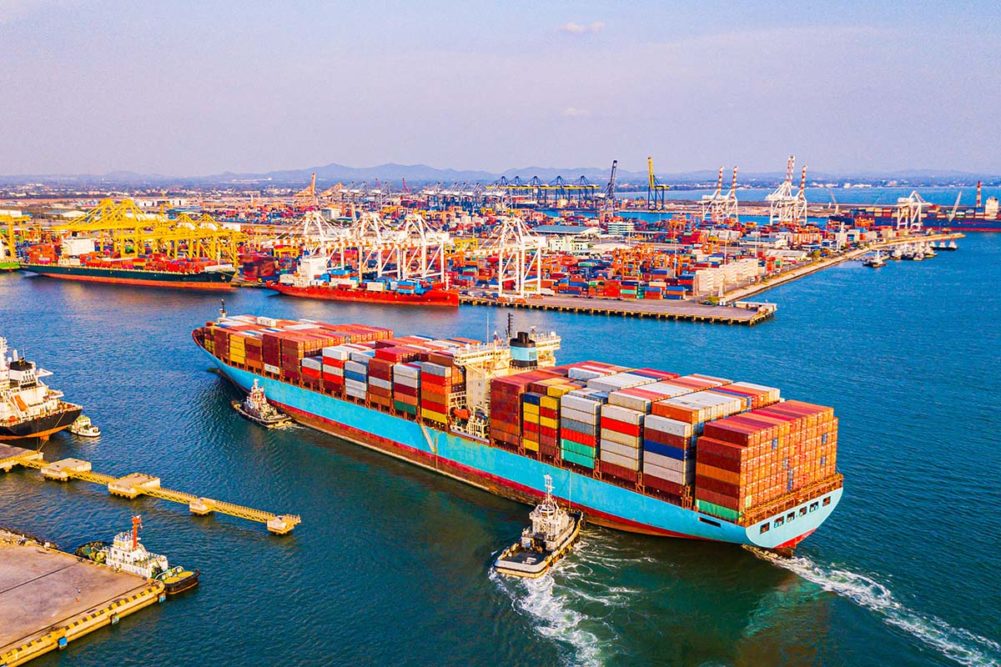WASHINGTON — On June 16, Tom Vilsack, agriculture secretary for the US Department of Agriculture (USDA), announced plans to increase capacity for exporting chilled and frozen agricultural commodities at the Port of Houston in Houston, Texas, to help improve service for shippers of US-grown products. The USDA is partnering with the Port of Houston to lease additional chassis, used to position and store containers while waiting for vessels to arrive, which will enable the port to utilize its full capacity for refrigerated shipping (“reefer”) containers.
The Port of Houston handles over two-thirds of the Gulf of Mexico’s container cargoes, which is the sixth busiest container gateway in the United States.
With funds from the Commodity Credit Corporation, the Agricultural Marketing Service (AMS) will cover 50% of the cost of obtaining and leasing an additional 1,060 chassis during the first year of its five-year lease.
The Port of Houston Frozen Protein Shipping Alliance, which includes the Global Cold Chain Alliance (GCCA), applauds the USDA’s decision.
“Houston is an important port for the movement of US poultry, beef and pork, totaling a half-billion dollars in 2021, and demand is projected to increase in 2022,” GCCA said. “However, limited availability of equipment, specifically chassis, at the port to move and position reefer containers risks the loss of millions in additional sales and would have broader impacts across the food supply chain.”
The GCCA added, “The newly announced partnership will enable the Port of Houston to establish a dedicated chassis pool and is a critical step to help meet the growing demand for refrigerated container trade. The Alliance greatly appreciates the support from USDA to ensure that the Port of Houston will be able to fully utilize its current capacity for reefers and avoid the risk of turning away or delaying exports.”
Other members of the Alliance include Agriculture Transportation Coalition, North American Meat Institute, Texas Poultry Federation, USA Poultry & Egg Export Council and US Meat Export Federation.
In addition, USDA is extending its existing partnership with the Northwest Seaport Alliance (NWSA), which was originally formed on March 18, to load containers on ships more quickly at the export terminals. At NWSA in Tacoma, a 16-acre near-dock facility “pop up” site will be used to accept either dry agricultural or reefer containers for temporary storage to help reduce operational hurdles and costs.
The Farm Service Agency (FSA) will provide payments of $200 per dry container and $400 per reefer container to help cover the additional logistical costs of moving the container twice, first to the preposition site and then to the terminal loading the vessel, along with the cost of temporary storage.
“American farmers and ranchers depend on a reliable and efficient transportation system to move their products to market,” Vilsack said. “As part of the Biden-Harris administration’s creative approaches to improve port operation, we are collaborating with partners in the supply chain to adapt and overcome challenges facing agriculture. USDA is pleased to announce the partnership with the Port of Houston and the expanded collaboration with NWSA to further ease port congestion. Through these investments, we continue to deliver on our promise to bolster the supply chain and support American-grown food and fiber.”



